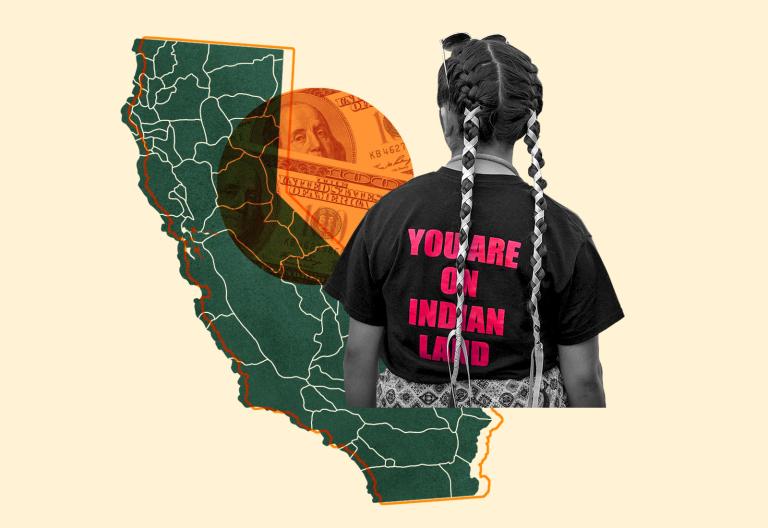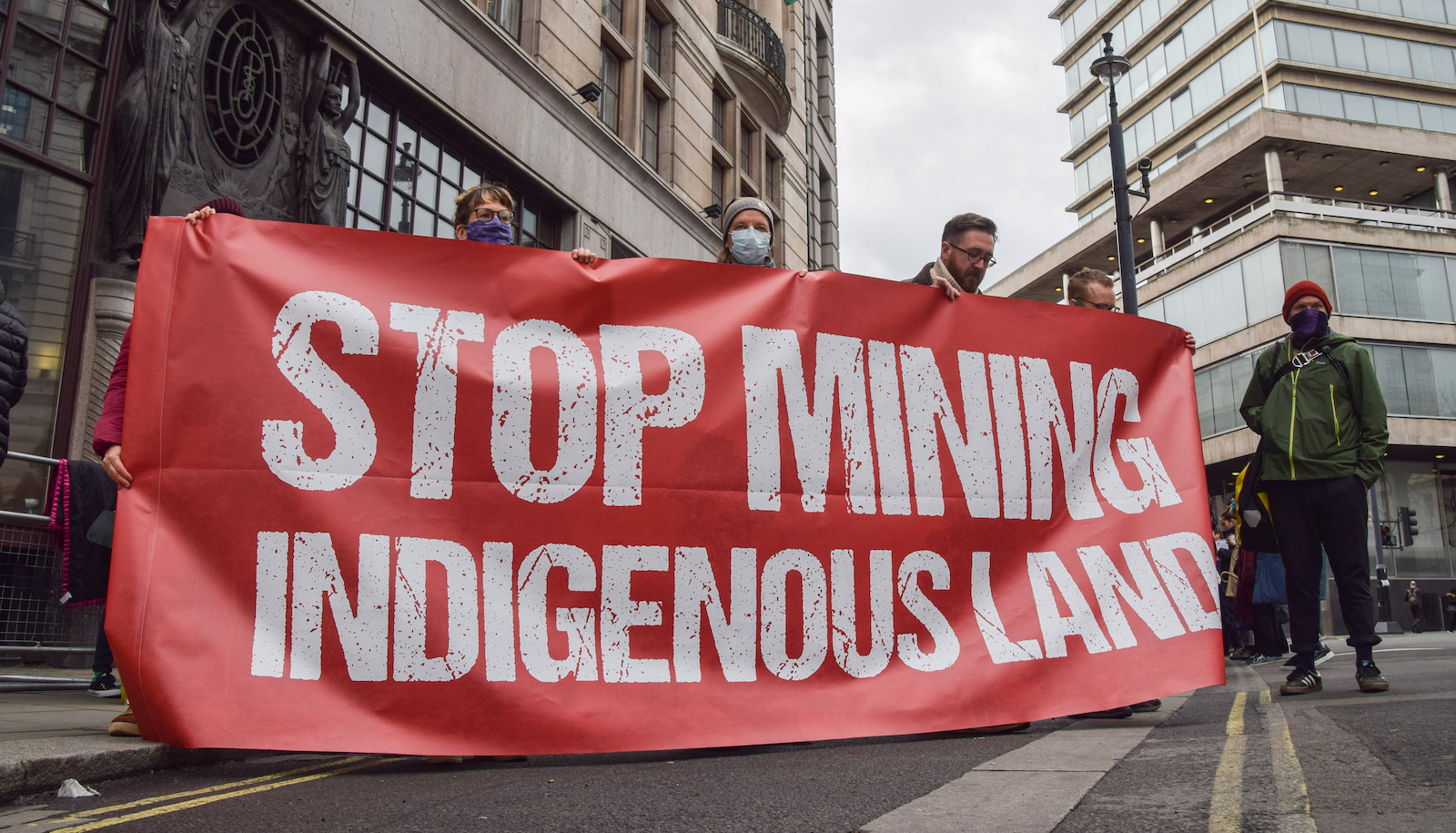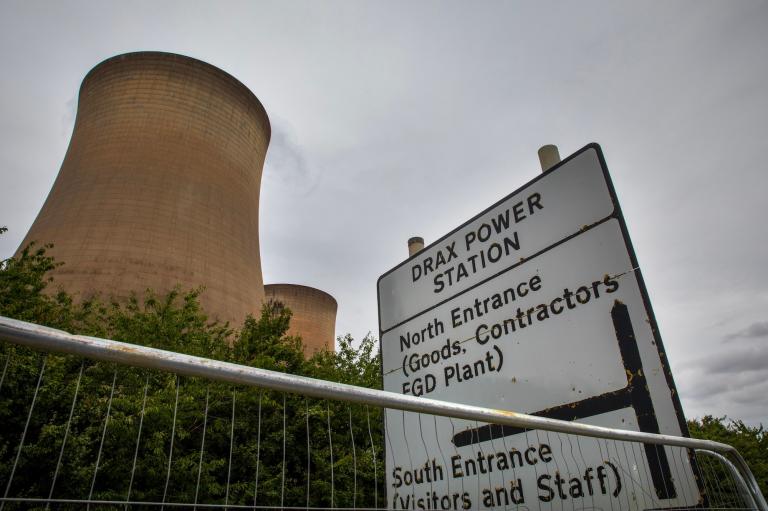In April of last year, José de Jesús Robledo Cruz and his wife Maria de Jesús Gomez Vega were found dead in the desert in Sonora, Mexico. In July, Fernando Vela, a doctor in Coqueta, Columbia, was shot to death by two men on a motorcycle while he was in his truck. In September, Juan Macababbad, an attorney in the Philippines was shot dead outside his home.
In each case, the victims were prominent human rights defenders, known in particular for defending their communities’ natural resources from mining, deforestation, water contamination, and other threats. These were just three of at least 76 such murders that occured in 2021.
That’s according to a new report by the nonprofit Business and Human Rights Resource Centre, or BHRRC. The organization tracks attacks on people who protest or otherwise raise concerns about business-related human rights abuses. It has documented more than 3,800 attacks, including killings, death threats, beatings, arbitrary arrests and detention, and lawsuits, since January 2015, with 615 occurring in 2021 alone.
“Our data shows almost the tip of the iceberg,” Christen Dobson, senior program manager for the BHRRC and an author of the new report. “Many attacks are not publicly reported. And so we know the problem is much more severe than these figures indicate.”
According to the report, human rights defenders who spoke out against mining projects consistently experienced the greatest number of attacks over the past seven years. The authors say this is especially concerning considering the expansion of mineral production required by a transition to clean energy. All those batteries, solar panels, and wind turbines are going to require a lot of cobalt, nickel, zinc, lithium, and other minerals.
“We’re already seeing this level of attack, and we’re not seeing major producers of transition minerals have strong policies or practices in place about protecting defenders,” said Dobson. “There’s a real risk there and I think it’s an area that we’re very concerned about.”
The BHRRC has documented attacks in every region of the world, with the attacks disproportionately affecting Indigenous peoples, who make up five percent of the global population but were victims of 18 percent of attacks against human rights defenders in 2021. The report cites racism as an underlying driver of attacks, but it also points to the failure of companies to seek the free, prior, and informed consent of Indigenous peoples when pursuing projects that may affect an Indigenous community or their land. The authors estimate that at least 104 attacks in 2021 stemmed from a failure by companies to effectively consult with communities or gain consent before starting projects.
The report urges investors to publish a human rights policy and require that companies begin disclosing human rights and environmental-related risks. But Dobson said that voluntary actions from companies and investors was not enough. She said there was some momentum building behind mandating that companies report on measures they are taking to respect human rights, including legislation proposed in the European Union and Canada.
“It is concerning to see a vast majority of companies and investors, including major renewable energy companies, do not have policies expressing zero-tolerance against reprisals in their operations, supply chains and business relationships,” said Dobson in a statement. “It’s time for companies and investors to recognise the energy transition cannot be effective if it is not also rights-respecting.”




